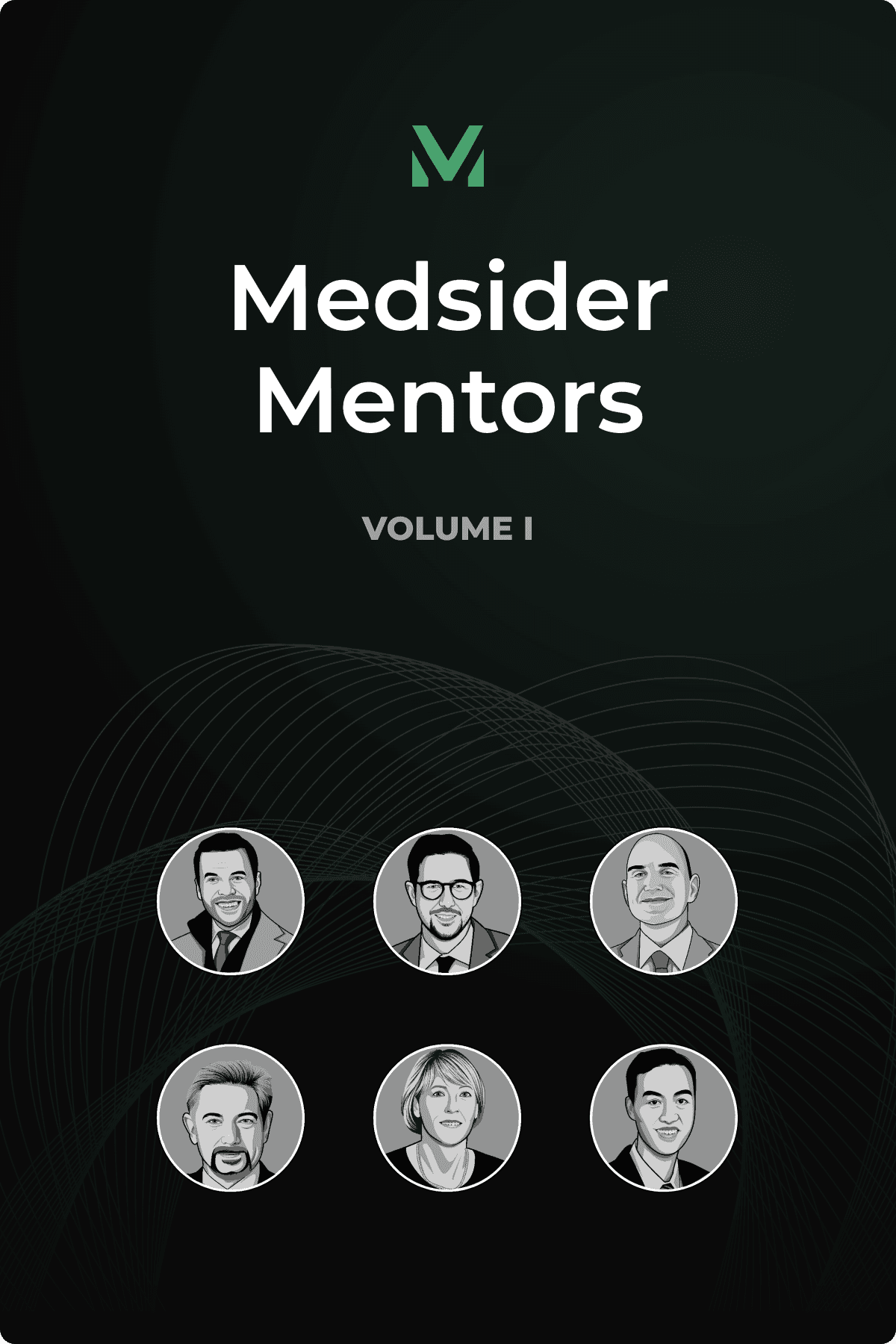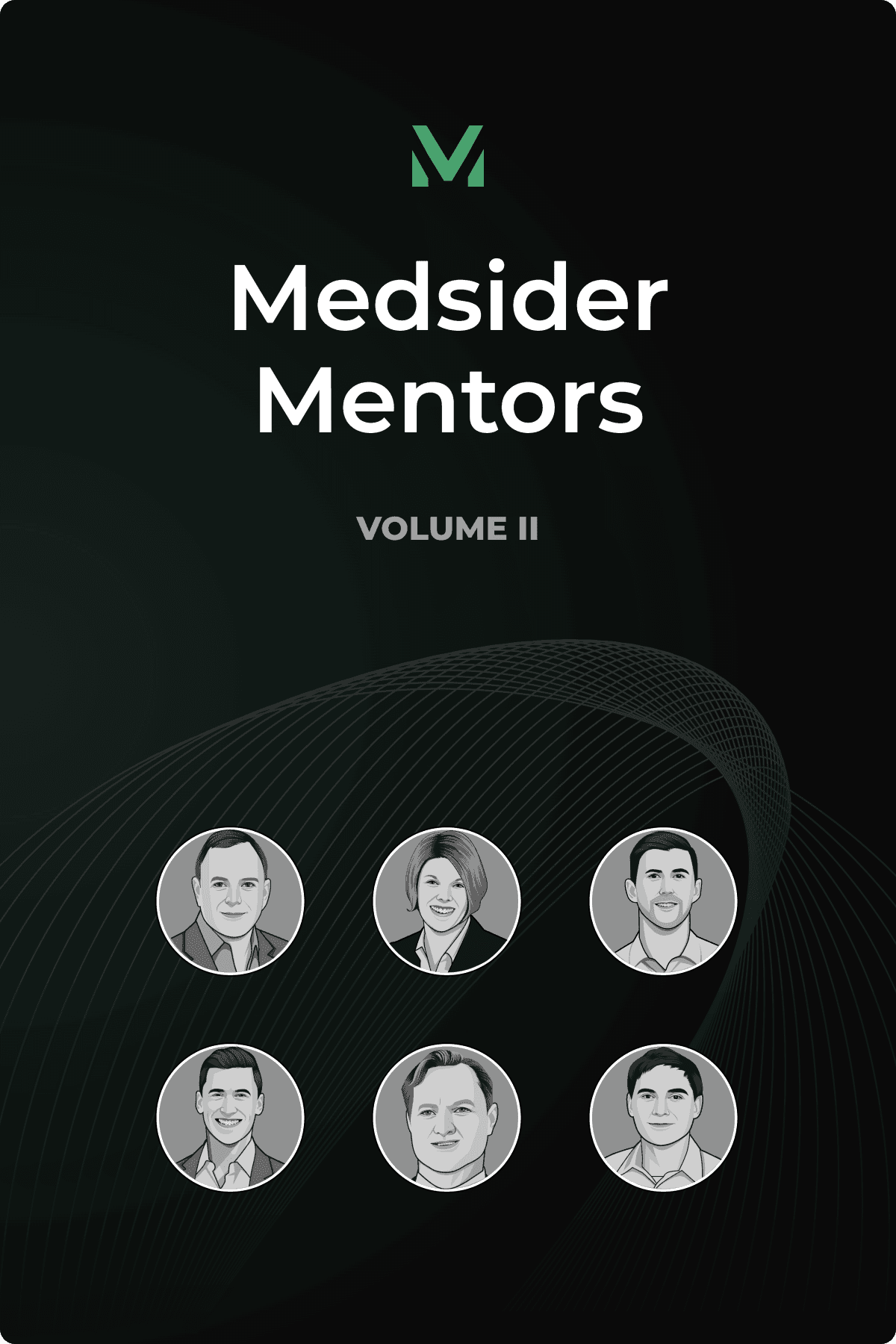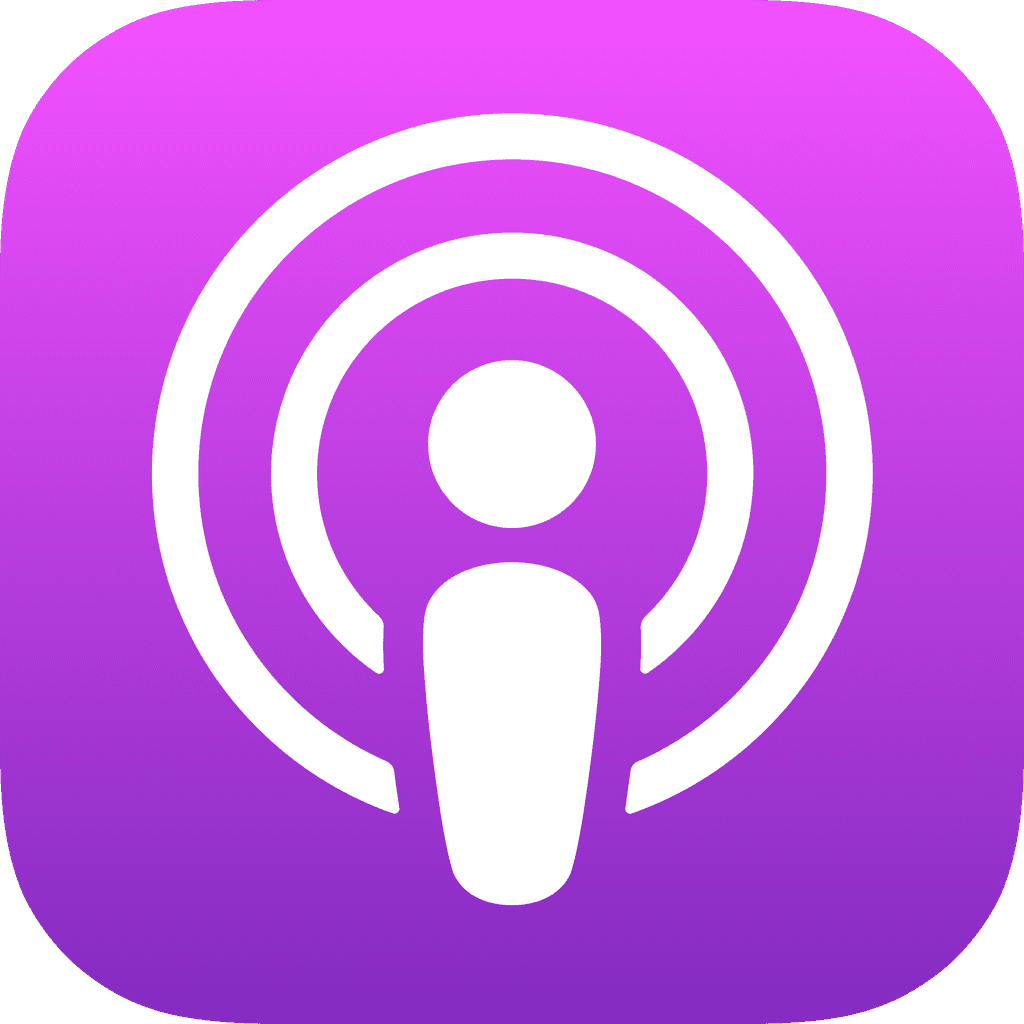Behind the Curtain of an Incredibly Successful Medical Device Entrepreneur
Interview with Rudy Mazzocchi, CEO of Elenza

One of the best ways ambitious achievers can find an edge within their industry is to listen and learn from the experiences of others who have succeeded in their field. And there is certainly no disputing the incredible success of medical device entrepreneur and investor Rudy Mazzocchi, who is currently the CEO of Elenza.
Rudy’s incredibly impressive medtech career includes obtaining more than 50 patents, as well as founding or co-founding 11 companies across several medical specialties including cardiology, oncology, orthopedics, neurosurgery, and embryonic stem-cell development. His latest achievement: Rudy authored a controversial medical thriller titled ‘Equity of Evil’ which draws on his own industry experiences.
Hopefully you’ll be inspired through this interview with Rudy Mazzocchi. Better yet, apply your newfound inspiration in order to become the next lynchpin within your company!
You May Like These Articles
Medsider Premium
Become a premium member and unlock access to exclusive Medsider benefits.



